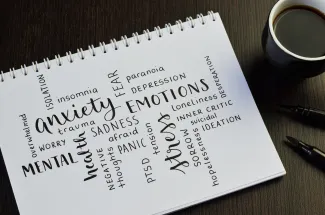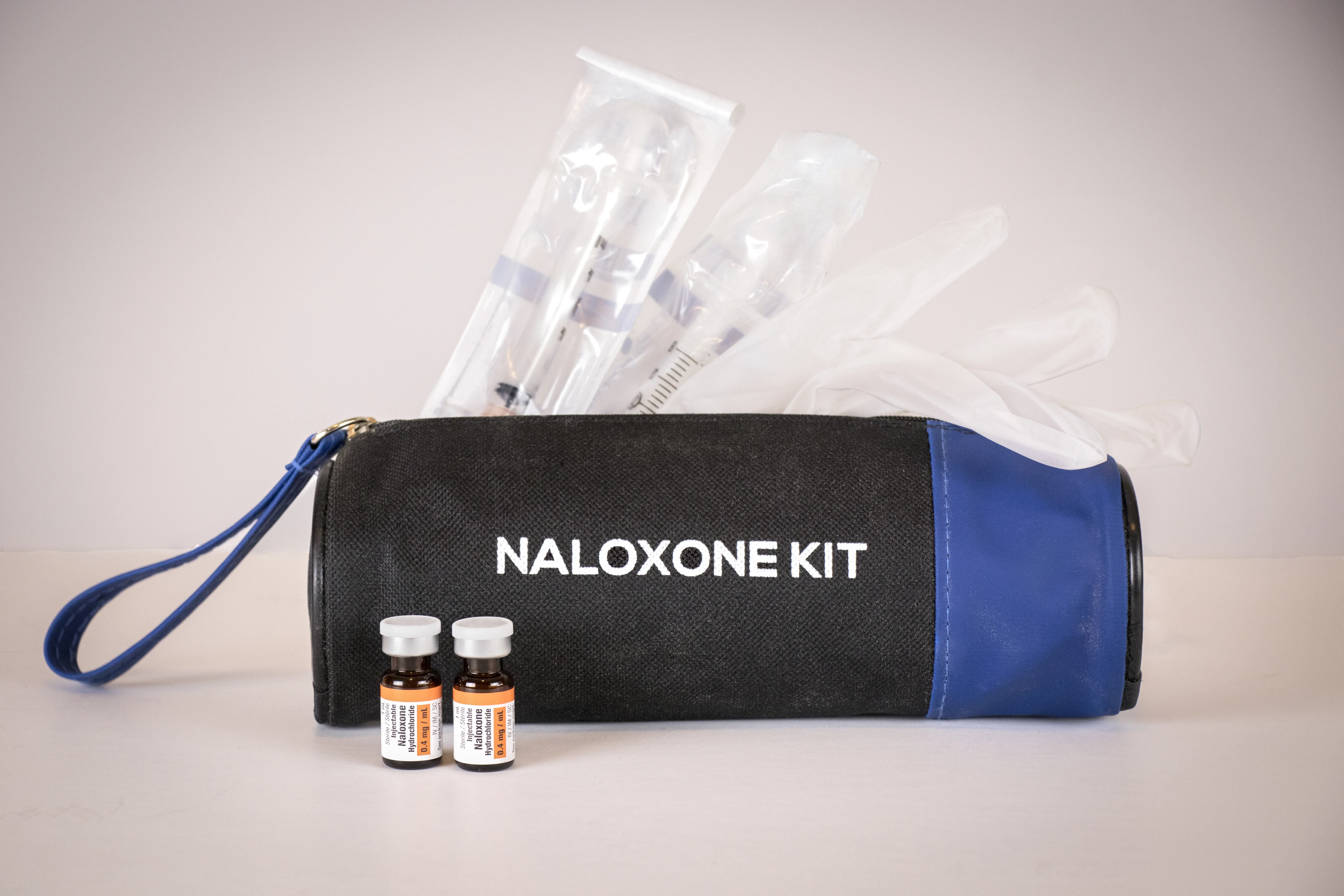
Inclusive Clubhouse model improving mental health in Greeley
Click play to listen to this article.
(Colorado News Connection) Many people with persistent mental illness find it difficult, or even impossible, to participate in common activities like work or friendships.
A unique clubhouse model at work in Greeley has been helping restore those lost social connections since 1990.
Ashlyn McMillan, a member of Frontier House Clubhouse, said when you have a mental illness, disconnecting is one of the easiest things to do but when you're all alone, she noted your mind can be your worst enemy.
"One of the things that we're always addressing is isolation," McMillan pointed out. "Isolation is a huge disconnect, one of the biggest disconnects. You're sitting at home alone, and don't have anything to distract yourself from what's going on in your mind. With the Clubhouse you do."

There is no cost to individuals for membership at the Frontier House Clubhouse, it never expires and it is open to anyone with a behavioral health diagnosis. Frontier House follows the evidence-based Clubhouse International Model of Psychosocial Rehabilitation. Participation is completely voluntary, some members drop in daily, others whenever they feel the need.
Renee Schell, director of Frontier House Clubhouse, said relationships at the Clubhouse are collegial. Staff and members work side by side to address challenges and reach life goals that are key to mental health, such as finding meaningful work and social relationships. In most institutional settings, people living with mental illness are clients or patients, but Schell explained you are first and foremost a person at the Clubhouse.
"A place that peels away labels and stigmas that people with mental illness may experience," Schell emphasized. "We do not focus on a person's diagnosis necessarily, we focus on a person's strengths, talents and abilities."
Clubhouses have helped reduce self-harm, hospitalization and incarceration often associated with mental illness by offering people opportunities for friendship, employment, housing, education and access to natural supports within a caring and safe environment. At the end of a therapy session or a doctor's visit, McMillan acknowledged it can feel like support stops when you leave their office.
"Then you're home, and that's where that support ends," McMillan observed. "At the Clubhouse, the support is always there. If a crisis happens outside those hours, if something happens where you need help now, the staff and the other members will come and help you."

















